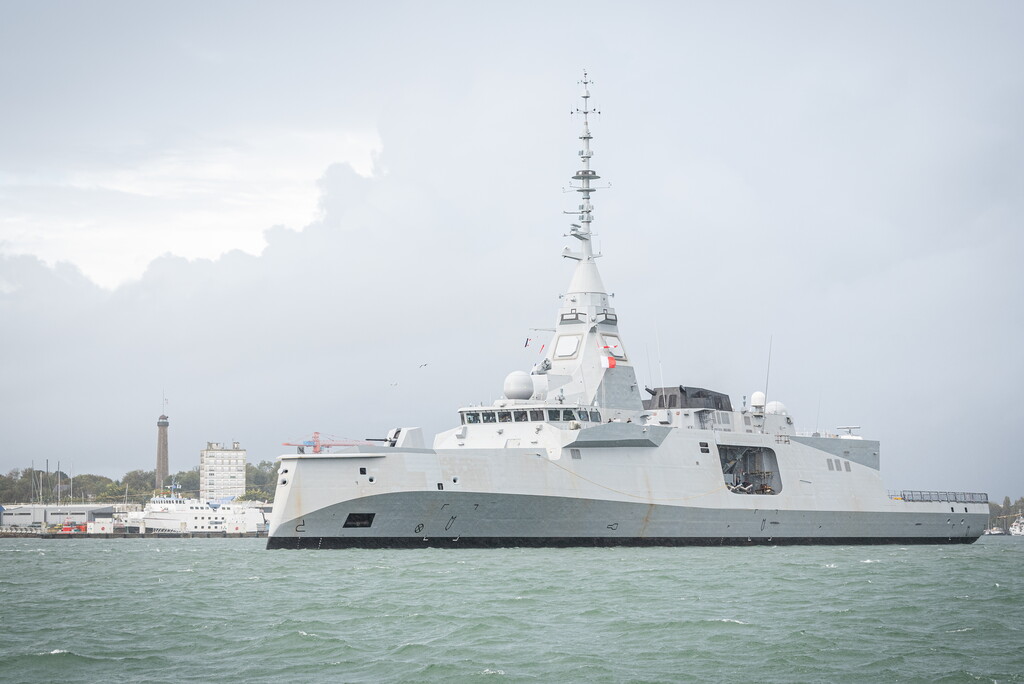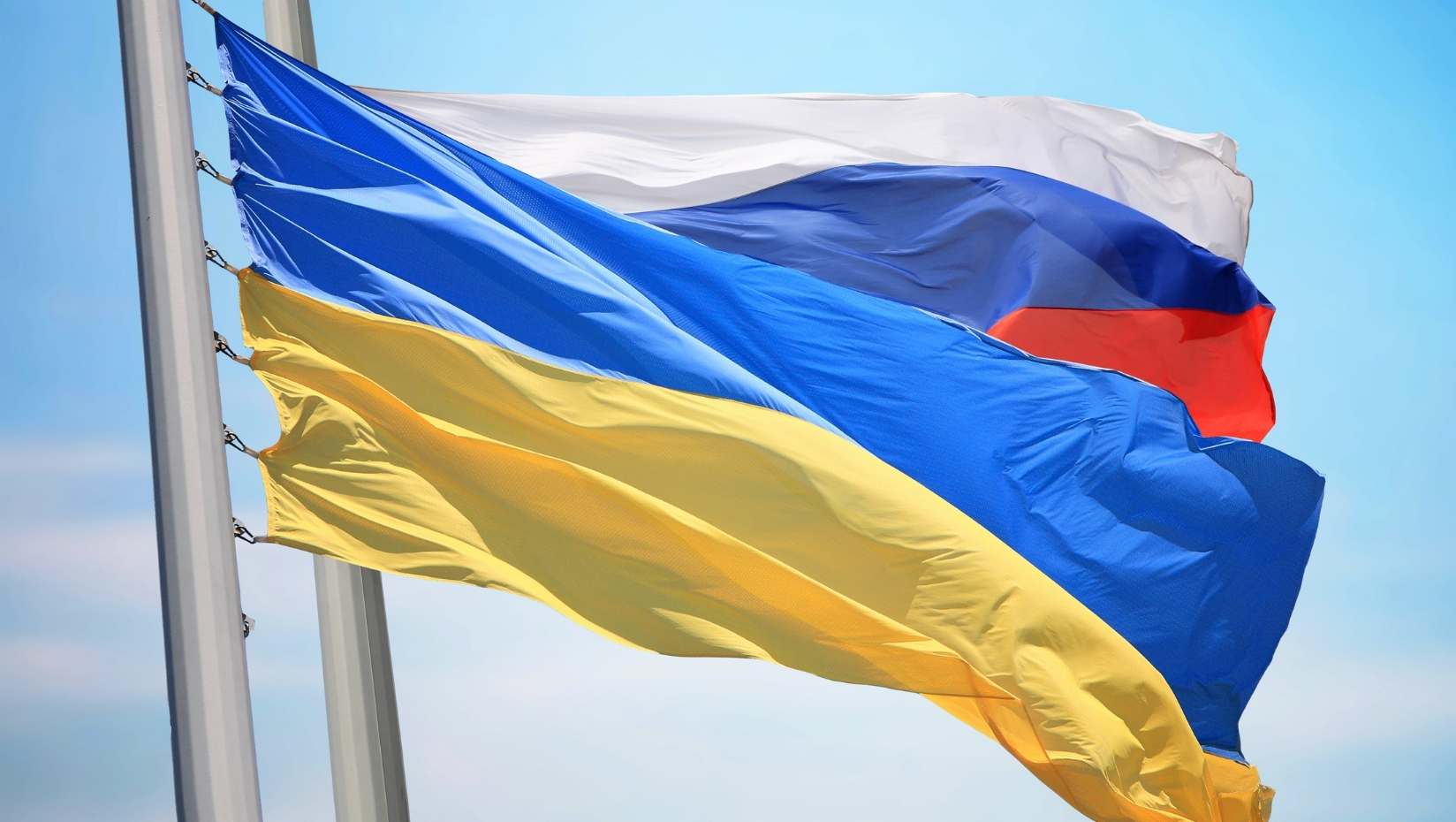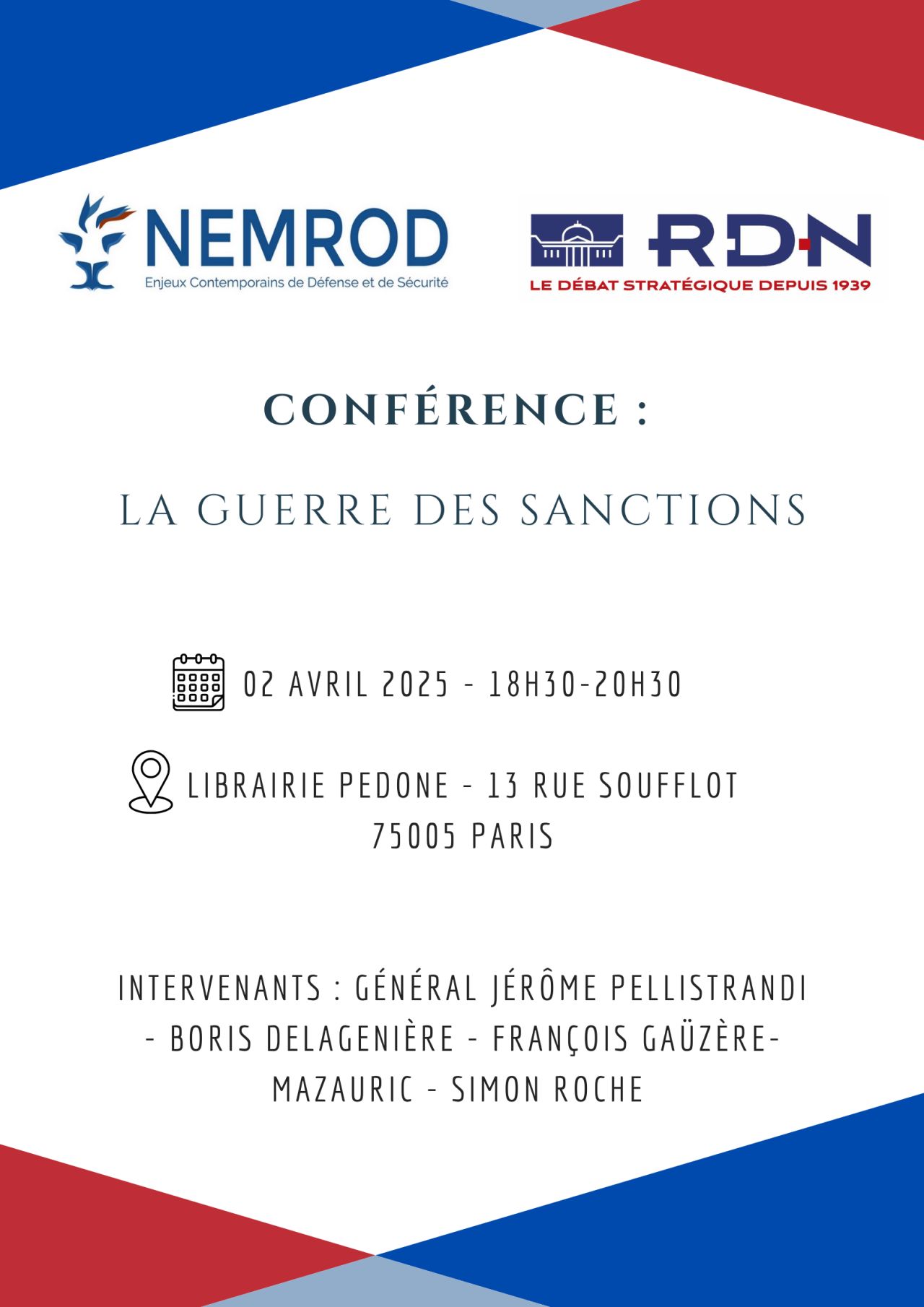Editorial
As only about a quarter of the essays, comments and opinion pieces published in the French edition of RDN are translated into English, it is of course unlikely that they will reflect perfectly the flavour of the parent monthly. So some commentary is in order. In his New Year editorial addressed to the home (that is, French) readership of this journal, the Editor-in-Chief, Jean Dufourcq, finds that the situation regarding defence and security is a bleak one: on the question of budgets; on the challenge facing French forces in Afghanistan; on the Europeans’ flagging interest in defence cooperation; and further afield on the exchange of blows in the Yellow Sea, nuclear concerns in the Middle East and tensions in Africa. His three wishes for the coming year are that the impetus to reorganise France’s armed forces will be maintained, that France and the EU member states on its borders together make progress on creating a European defence community; and that, despite other pressing concerns, France keeps a close watch on its technological and doctrinal sovereignty so as to maintain its freedom of action. All of this will guide editorial policy in the coming year.
Conscription, a tradition in France that had its roots in the levée en masse during the Revolution, was ended in 1997. It had become inappropriate, it was expensive, many young people managed to avoid doing their service, it tied down manpower for training, and so on. But it had a number of very positive aspects that are missed, chief among them a shared experience away from home, a mixing of the social classes, camaraderie and an awareness of the citizen’s obligations. There will of course be no going back, but the idea of voluntary civic service, discussed here by Alain Béreau, has been the subject of legislation several times in the past decade, culminating in the adoption of an Act passed in March 2010 creating a civic service agency. This must be a very positive element in the fight against the isolation, aimlessness and unemployment facing so many young people.
The other two articles this month concern Pacific riparian states, Australia and China. The piece by Laurent Charroud looks at Australia’s foreign and defence policy, and in particular the latest White Paper on defence. He traces the origins of the security concerns embedded within the national psyche. Today these take form in the emergence of Chinese power, especially its military capability, and the threat posed by China to Australia’s interests in South-East Asia. The essay by François Danjou pursues the theme of last month’s article on the Middle Kingdom. He points out how unhelpful, uninformed, irresponsible and even dangerous it is to demonize a country that is home to a fifth of humanity. Admittedly China’s strategies of envelopment and gaining influence represent a threat of sorts, but the reaction of some Westerners is equally worrying. We will have to live with the new reality of China’s power, and here the EU will have an important role to play.
Best wishes for 2011.







